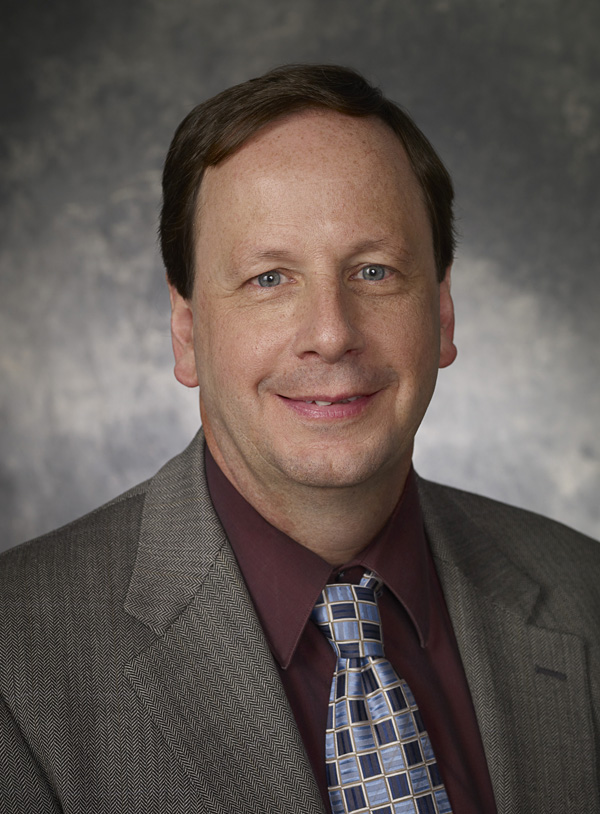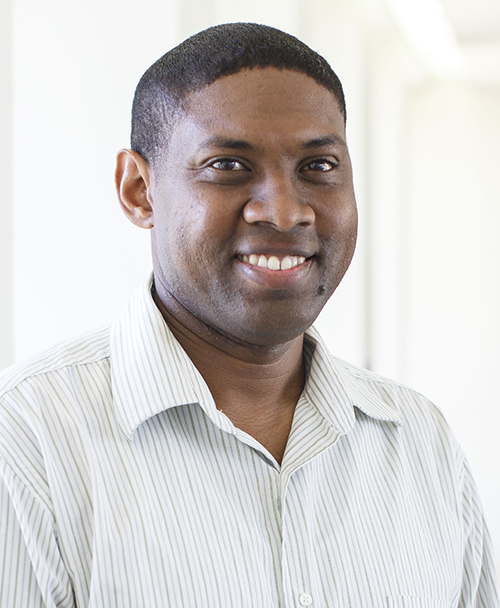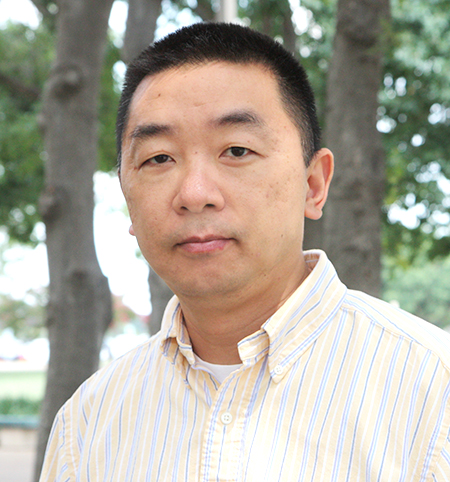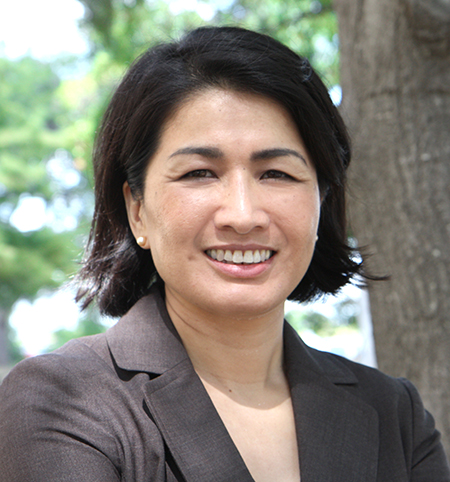
Dr. Denis Dean
The School of Economic, Political and Policy Sciences (EPPS) at UT Dallas hired three tenure and tenure-track faculty members this fall.
The recent hires join the geospatial information sciences and economics programs. The school has 61 tenured/tenure-track faculty members, with an additional 18 full-time senior lecturers who educate more than 1,300 students.
Dr. Denis Dean, dean of the school, said EPPS aims to offer outstanding teaching and research programs in each of its individual subject areas and to become a center for interdisciplinary activities.
“Each of our new hires will help us in achieving both of those goals,” Dean said. “These faculty members are either established, respected and outstandingly productive contributors to their respective fields or promising up-and-coming individuals early in their careers. Each also has interests in areas that span multiple disciplines, and thus can contribute to our interdisciplinary goals.”
The school also is nearing the completion of construction on the dean’s suite and new faculty offices.
Updates to the third-floor atrium in Cecil H. Green Hall, including more seating for students, are underway and are scheduled for completion later this semester. The Green Hall pit also has been repurposed into a study area with ample seating.
EPPS has degree programs in nine subject areas: criminology, economics, geospatial information sciences, international political economy, political science, public affairs, sociology, public policy and political economy, and justice administration and leadership. Some of these areas are administratively managed as combined units.
The administrative merging of the political science units, public policy and political economy, and international political economy is underway. Dr. Jennifer Holmes will head the program.
The three individual degree programs will remain independent, but the administrative merger will encourage students and faculty to work cooperatively in the areas that span the programs, Dean said.
“Subject areas where there are obvious points of overlapping interest are prime candidates for interdisciplinary teaching and research,” he said. “We believe that such interdisciplinary work can be fostered by combining the administrative functions of those subject areas.”
New Professors

Dr. Anthony R. Cummings
Dr. Anthony R. Cummings, assistant professor of geospatial information sciences
Previously: Visiting assistant professor, School of Economic, Political and Policy Sciences, UT Dallas
Research interests: Human-environment interactions, global environmental change, application of GIS and remote sensing to natural resource management
Quote: “As work continues on understanding and modeling the drivers of tropical forest change, my work focuses on understanding what such changes mean for forest dwelling and dependent peoples. I focus on identifying flora and fauna that provide ecosystem services for forest dwelling and dependent peoples and how these can be sustained amid unfolding change.”

Dr. Dong Li
Dr. Dong Li, professor of economics
Previously: Professor, Department of Economics, Kansas State University
Research interests: Microeconometrics (panel data, nonparametrics/semiparametrics, spatial econometrics), health economics, financial economics
Quote: “I study both theoretical econometrics and their applications. Econometrics combines economic theory with observed data. There is nothing more exciting to see whether a particular economic theory is consistent with what we observe and to figure out the reason. I also conduct research in health economics and financial economics.”

Dr. May Yuan
Dr. May Yuan, Ashbel Smith Professor of geospatial information sciences
Previously: Brandt Professor and Edith Kinney Gaylord Presidential Professor, College of Atmospheric and Geographic Sciences, University of Oklahoma
Research interests: Digital representation of geographic dynamics, mapping and map analysis, space-time analytics, cyber GIS, cyber-enabled geographic knowledge discovery
Quote: “Geospatial revolution has changed the ways we think, behave and interact through location-aware devices, location-based services, Web-mapping applications and crowd-sourced or volunteered geographic information. We have access to so much information about where we are, what is nearby and how to get to places. There are great opportunities for us to develop effective approaches to make sense of the data, analyze alternative scenarios, communicate geographic dynamics and collaborate on what we can do to make the world a better place.”
New Faculty Series
News Center is publishing profiles of tenured and tenure-track professors who have recently joined the University. The following schools’ profiles have been published:
Media Contact: The Office of Media Relations, UT Dallas, (972) 883-2155, newscenter@utdallas.edu.